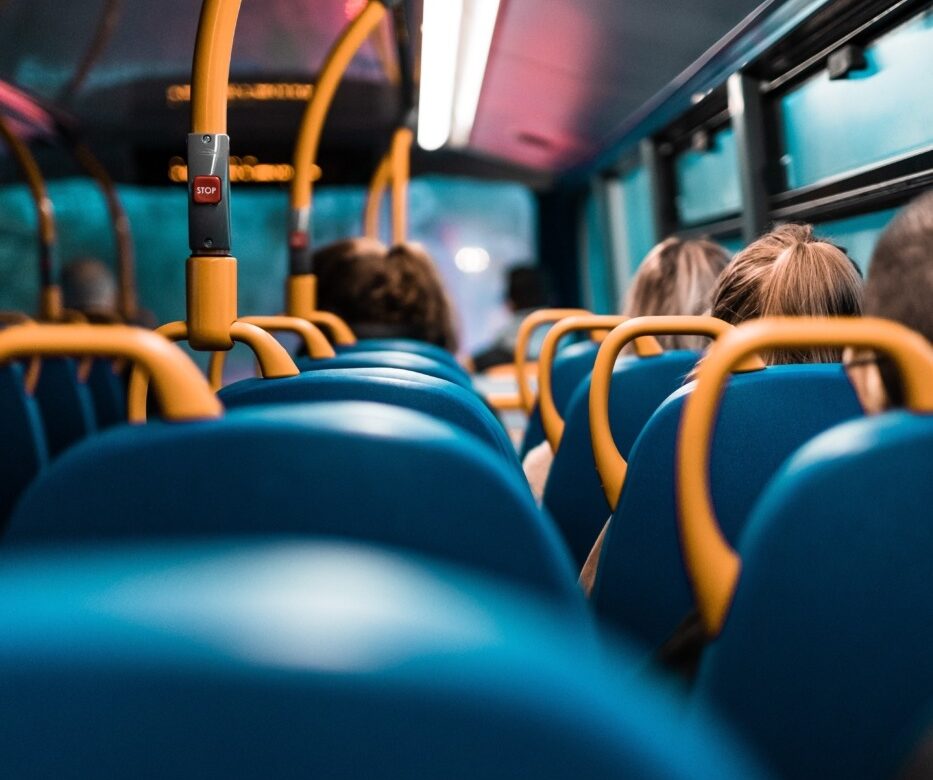The pandemic should result in a new appreciation for the everyday
The everyday: ordinary, commonplace, usual. The pandemic has precipitated a new kind of everyday. From being able to see others and exercise a degree of freedom now alien to us, pre-Covid life was hectic, and since the moment it abruptly ended, we have sought to return to it.
On a normal day before Covid, going to lectures, seminars and socials, you took it for granted that you would see others and talk to people. There were days where we were so busy that we would not have any time to ourselves. We would be outside of our rooms most of the day usually returning for sleep or briefly to get ready for the next ‘event’. We now exist in our rooms, at our desks, as a virtual presence with little to do. Now, I wear my pyjamas all day, sit at my desk working and feel like very little has changed. Measuring time in this void is impossible and even the changing of seasons since April has made this year feel boundless.
The return to this everyday may not be easy and it may not feel the same as it was before
I quietly anticipate the hopeful return to ‘normality’ after Covid. It could be miraculous. We may suddenly appreciate seeing others and notice the mundanities of life that previously escaped us. The sun will come out, a cacophony of nature will greet us every morning and Keir Starmer will win a spontaneous election victory with a landslide. But life is not that good. When we do make it out of this Covid era our days may still be plagued by the same drudgery and meaninglessness that existed prior to the virus, we cannot let this happen.
Will we value the freedom we do have? Will everyone experience an awakening of how lucky we are? Could we emerge from Covid with a newfound pleasure in the everyday and a joy at the inanities of life that can bring some sort of meaning to it all? Probably not, but we can try. I think that the pandemic can give us an opportunity to value the everyday. The mundane and the awkwardness, the small things that in lockdown you may never have realised that you had missed. The return to this everyday may not be easy and it may not feel the same as it was before.
I want to believe that after Covid we will all value human company more, that we will all want to reach out to those who seem lonely because surely by now we all know what that feels like. By being more genuine in our relationships we can perhaps start to make post-Covid life better. Appreciating peoples time and their company and telling them so is something we do not do enough. By learning to value the small moments of love and friendship, instead of rushing through them, we may even make the everyday a slower and more mindful experience.
Lockdown may be the last time in our lives that we have so much ‘free’ time to do nothing and to think about ourselves first
The return to normal could be fast, inhumane, and brutal, like our attempts to recapture the everyday this last summer. So much so that we return to pre-Covid life with the same mindset. Our time in isolation, almost a year now, may have hardened our personalities. We may have spent so much time with ourselves or our families that it becomes harder to really appreciate that others are different. In person conversations that you cannot escape from by not replying to a message or putting down your phone will be forced upon us and the escape to in-person reality after lockdown could be catastrophic for our mental health. FOMO became a thing of the past in lockdown, but when we can get outside again it may return with a vengeance.
Lockdown is not great, but it has allowed me to try and contemplate time. How quickly life moves and how, in our everyday lives outside of university, friends and work, we do not have much of it. Lockdown may be the last time in our lives that we have so much ‘free’ time to do nothing and to think about ourselves first. We do not have to leave this behind as we emerge from the Covid crisis.

Comments